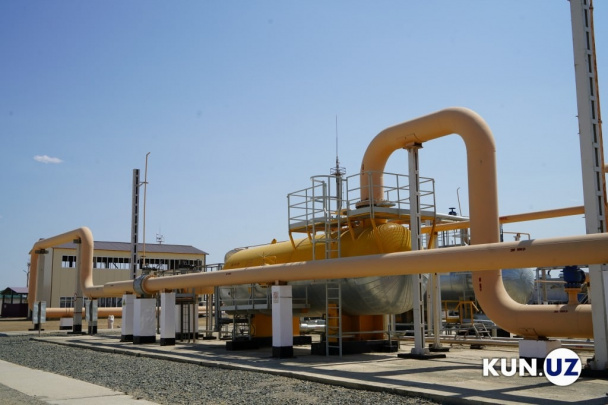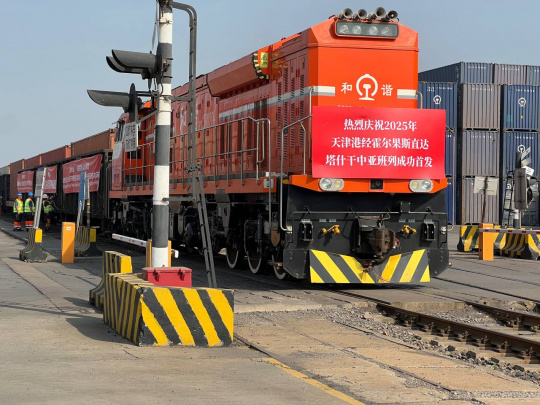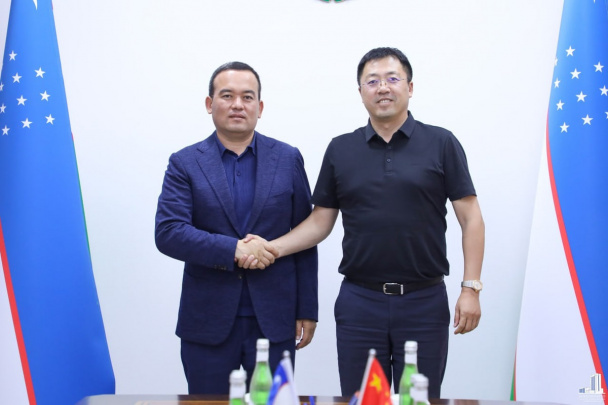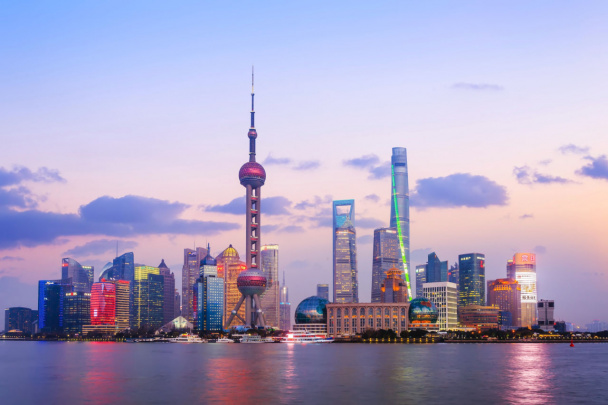China’s Everbright to build waste incineration plants in Uzbekistan, starting with Fergana and Namangan
Chinese company China Everbright Environment Group Limited plans to build several waste incineration plants in Uzbekistan, according to the Ministry of Ecology.

Photo: Ministry of Ecology
On September 19, the head of the company, Huang Haiqing, met with the Minister of Ecology Aziz Abdukhakimov. The two sides discussed accelerating the implementation of projects to generate electricity through the incineration of household waste.
The minister highlighted the waste incineration technologies used in China and expressed his intention to utilize this experience in Uzbekistan. Initially, two plants are planned to be constructed in the Fergana and Namangan regions, with plans for further expansion to other regions.
Huang Haiqing emphasized that the Chinese side is keen to start the project as soon as possible. A group of engineers is expected to arrive in Uzbekistan shortly to assess the sites where the projects will be implemented.
Last week, the Andijan regional government signed a memorandum with Jin Ming for the construction of a waste processing plant. The project is preliminarily valued at $250 million.
American company Sayar also plans to produce energy from medical waste. The project was slated to begin on August 1 in Tashkent, Samarkand, and Bukhara, with plans to expand to other regions later.
In February, the Minister of Ecology presented environmental protection proposals. Special economic zones are planned to be established in buffer areas near landfills to produce energy and fertilizers from waste.
A pilot project is planned for Andijan region, where a $13 million power plant is expected to be built, capable of generating up to 2 million kWh of electricity from waste. Additionally, a plant for producing 100,000 tons of organic fertilizers annually is also planned.
A month later, the president announced the introduction of a new waste collection and processing system. In each region, "eco-industrial zones" will be created based on 3–4 landfills to establish waste processing operations.
Related News

14:36 / 22.05.2025
Uzbekistan doubles gas exports to China in April

12:09 / 22.05.2025
Faster, cheaper, closer: Tianjin–Tashkent railway route begins operations

23:04 / 17.05.2025
China’s Dongfeng proposes to build car manufacturing plant in Surkhandarya region

18:36 / 13.05.2025



